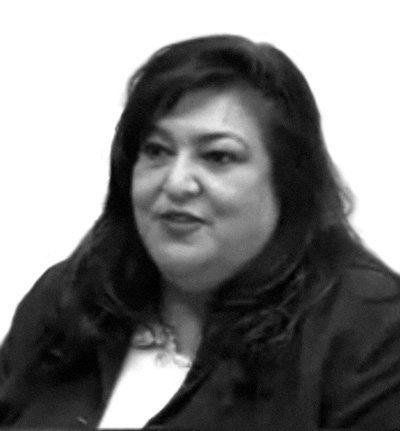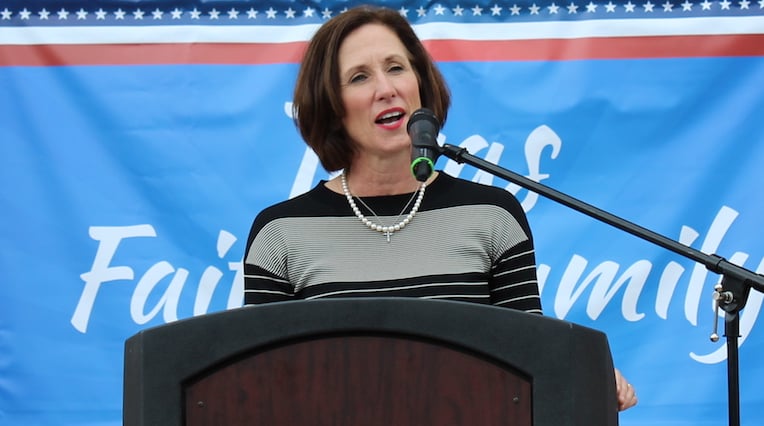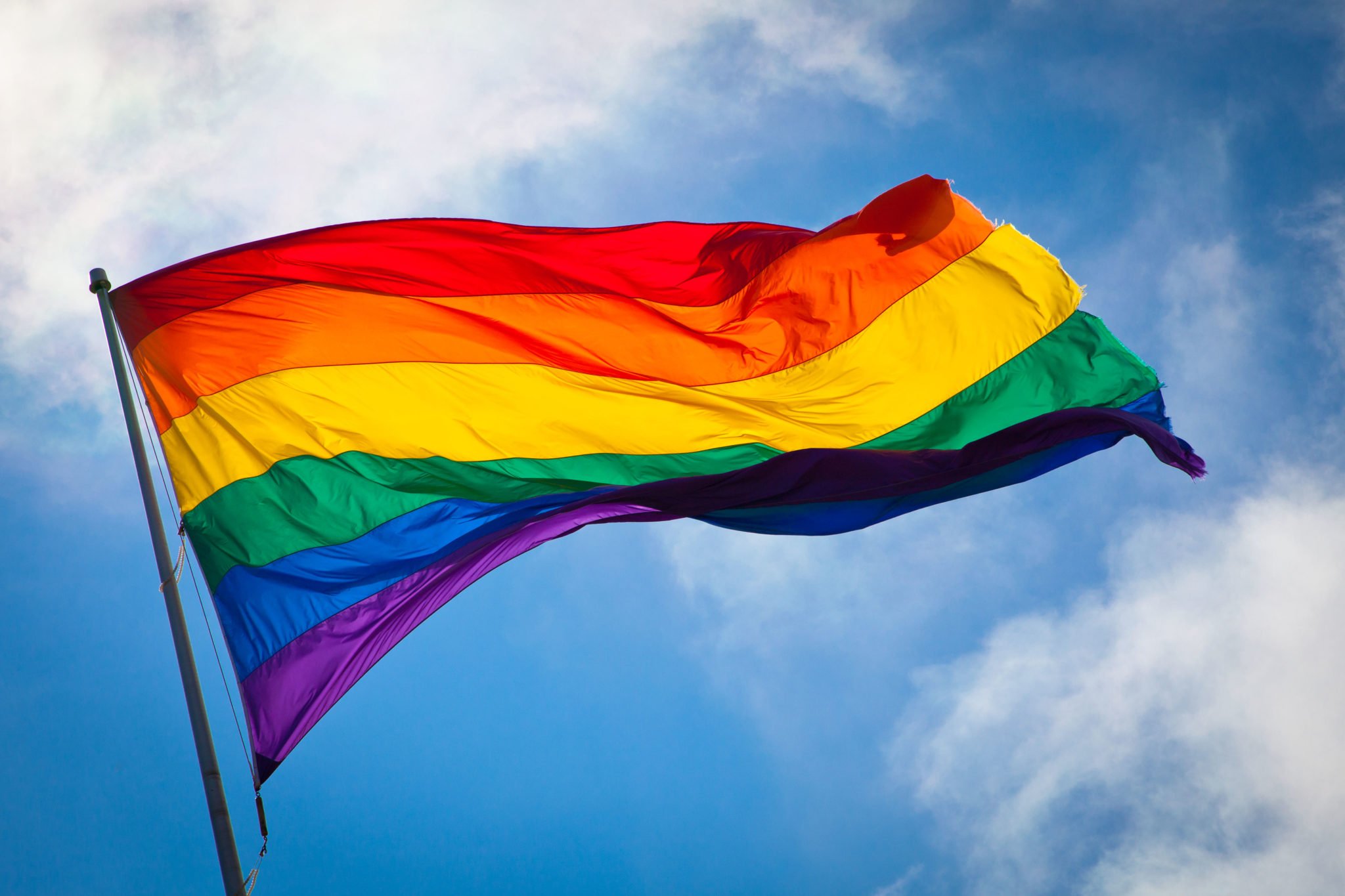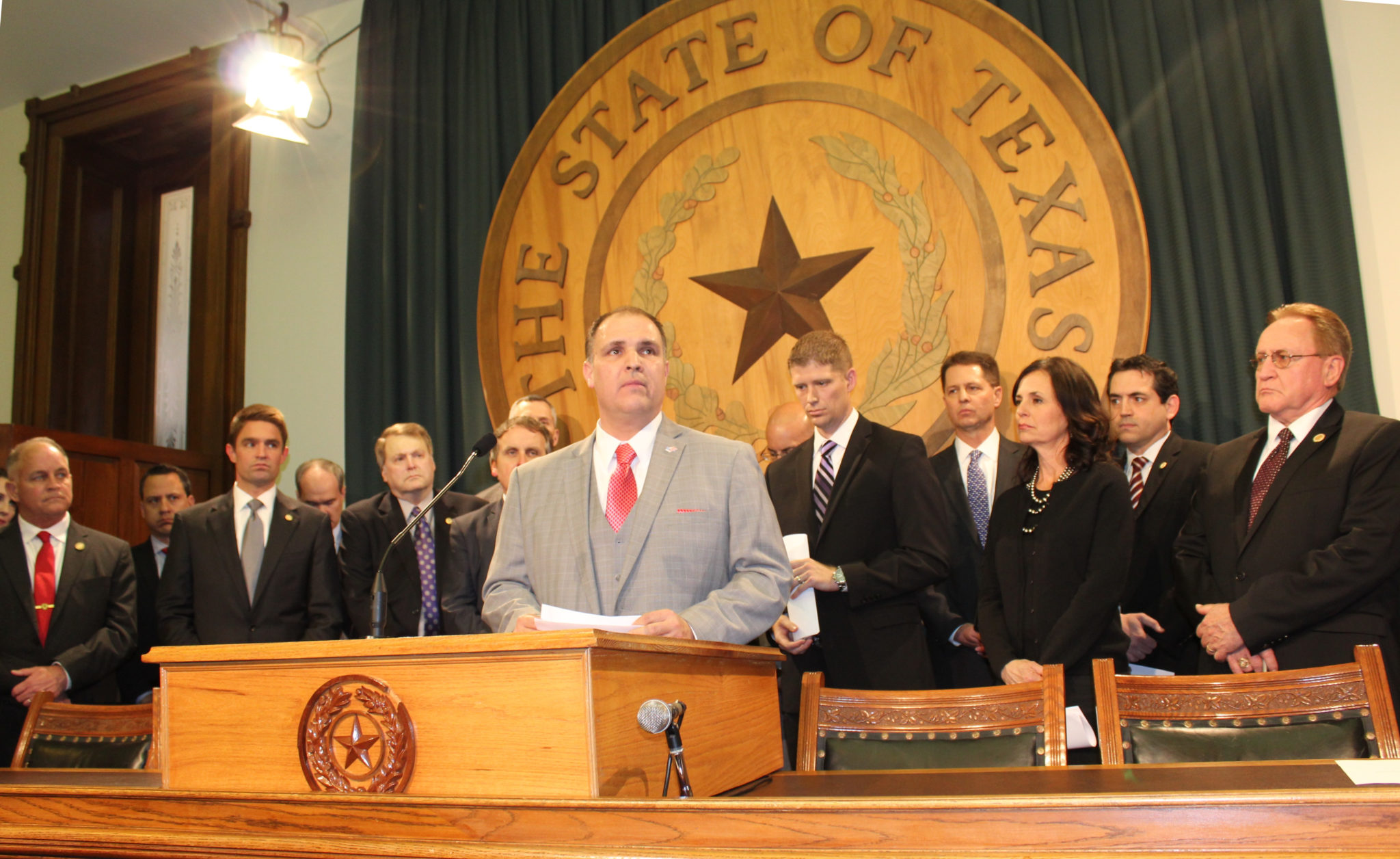
Tyrant’s Foe: Bringing LGBT Rights to the Valley
A version of this story ran in the September 2013 issue.
Above: Yolanda Speece
In late 2012, Yolanda Speece—known affectionately to friends as “Yoli”—approached the Brownsville City Commission with a plea for equality. She wanted the city to add sexual orientation and gender identity to its non-discrimination policy for city employees.
Then-City Commissioner Melissa Zamora put Speece on the council’s agenda. In her presentation, Speece introduced the council to Brownsville’s chapter of Parents, Families and Friends of Lesbians and Gays (PFLAG), a national LGBT ally organization, and outlined the changes LGBT advocates wanted to see in the community.
Around the same time, Speece says, Brownsville City Attorney Mark Sossi received an email from a former intern that drew his attention to the city’s policy toward gays and lesbians—or lack thereof. That email and Speece’s presentation must have moved Sossi to action because “he took it and ran with it,” Speece says. Sossi quickly drafted a policy that would make it illegal to fire city employees on the basis of sexual orientation and gender identity. The City Commission passed the measure unanimously in December 2012, making Brownsville the first city in the Rio Grande Valley to include sexual orientation in its non-discrimination policy.
Speece is a longtime LGBT-rights advocate. She founded Brownsville’s chapter of PFLAG on the heels of tragedy. In 2009, her friend Barry Horn, director of the Brownsville Museum of Fine Art, was murdered in his home. Speece says some of the reaction in the community and even in the courtroom during the murderer’s trial was homophobic and resorted to “victim blaming.” Meanwhile, she says, the murders of three other gay men in Cameron County were greeted with the same anti-gay rhetoric.
“A lot of people had really negative images toward the LGBT community, and I felt that had to change,” she says.
Speece wanted the PFLAG chapter to be a “safe space” for the LGBT community and a place to share information about LGBT-related issues in the city. The group, which meets on the first Monday of each month at various gay-friendly restaurants in Brownsville, has about 10 regular members and a larger network of supporters who attend its bigger events.
Speece and other members organized two marriage-equality marches. The first happened in 2011 shortly after President Obama repealed the U.S. military’s “don’t ask, don’t tell” policy.
Speece compares Texas’ constitutional ban on gay marriage—passed in 2005—to segregationist laws that forbade people in certain states from marrying someone of another race. In the 1967 case Loving v. Virginia, the U.S. Supreme Court ruled such laws unconstitutional. Following the ruling, the laws became ineffective in the 16 states that still had them on the books, Texas included.
“Texas was one of the last holdouts, and it would be a shame if Texas was the last holdout on this,” Speece says.
At the 2011 marriage-equality walk, Speece recalls, one man told a reporter that homosexuality is ugly. Speece says that the homophobic remarks she hears as president of Brownsville’s PFLAG chapter stem in part from “limited and personal perspective.” People make snap judgments about others based on long-held misconceptions, she says.
“It’s easy to demonize somebody when you don’t know anyone like them, but once you start meeting gay people, you tend to change your views,” Speece says. “Once you start doing that, you start breaking down walls and discrediting all the misconceptions.”
Speece says Brownsville’s adoption of a non-discrimination policy was “awesome,” but she’s not done fighting for LGBT rights in the Valley. She says she wants to see same-sex partner benefits for workers in the near future, and hopes that same-sex marriage will eventually be legalized in Texas.
She says ultimately she just wants the U.S. to stand for equality, and believes that people fighting for legislation at the local level will bring about change.
“I often hear people say that the LGBT community is asking for ‘special rights,’” she says. “I don’t think they’re special rights. I think they’re equal rights.”


